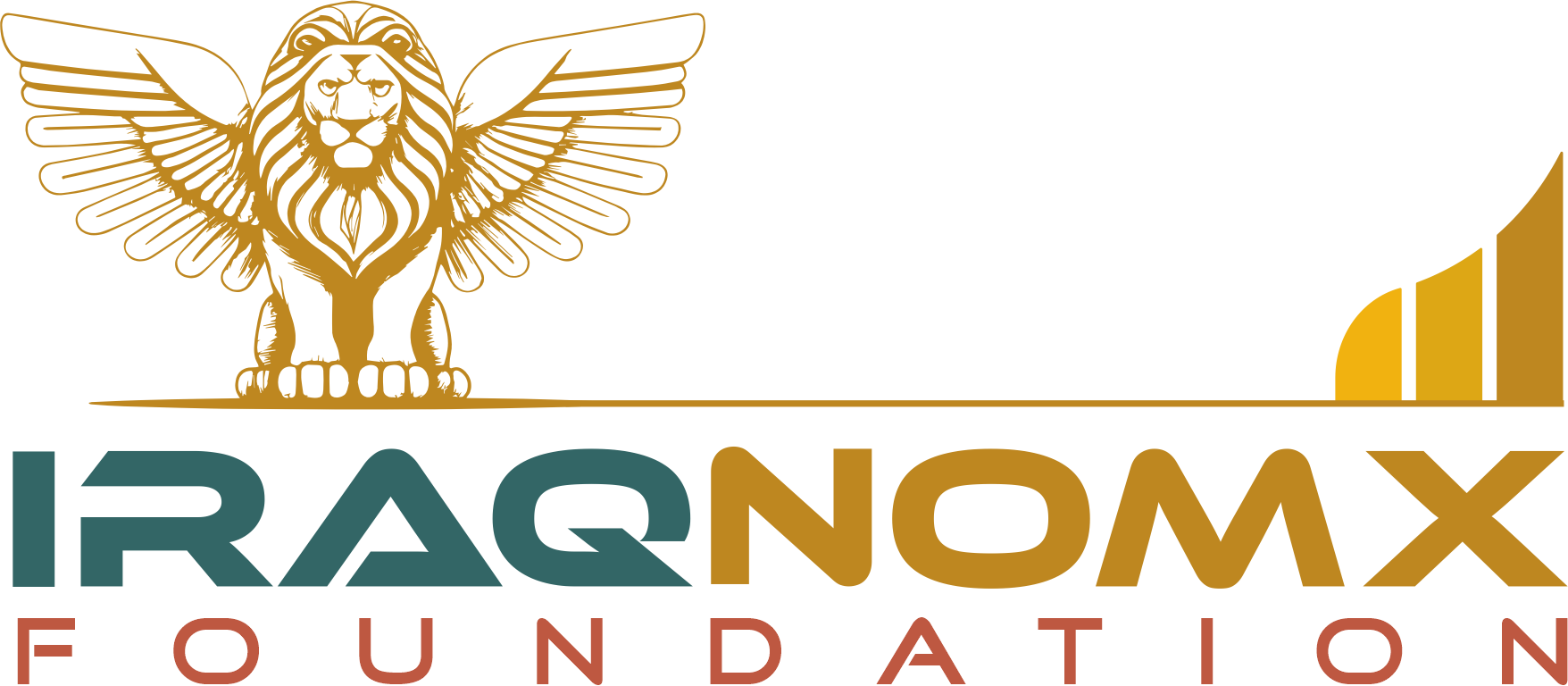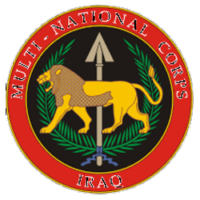The Power of Collective Wisdom
The democratic leadership style, characterized by the question “What do you think?”, values the input and participation of team members in the decision-making process. It fosters a sense of ownership and commitment, leading to increased flexibility, responsibility, and fresh ideas. This article explores the key characteristics of the democratic style, its impact, and its applications in various business scenarios.
The Essence of the Democratic Style
The democratic leader acts as a facilitator, encouraging open communication and collaboration within the team. This style is driven by emotional intelligence competencies such as collaboration, team leadership, and communication. The leader actively seeks input from team members, valuing their perspectives and expertise.
Impact on Organizational Climate
The democratic style has a positive impact on organizational climate, though not as pronounced as the authoritative style. It fosters a sense of ownership and responsibility among team members, as they have a voice in decisions that affect their work. The collaborative environment encourages the generation of fresh ideas and promotes flexibility within the organization. The open communication channels also contribute to a positive climate, as team members feel heard and valued.
Applications in Business
The democratic style is particularly effective when a leader is uncertain about the best course of action and needs input from knowledgeable team members. It can also be valuable for generating fresh ideas and fostering buy-in for a particular vision or strategy. However, it’s important to be mindful of the potential drawbacks. The democratic style can lead to endless meetings and delayed decision-making, especially if consensus is elusive. It’s also not suitable for crisis situations where swift action is required.
Conclusion
The democratic leadership style, with its emphasis on participation and collaboration, can be a valuable tool for leaders seeking to build trust, commitment, and innovation within their teams. By understanding its strengths and limitations, leaders can leverage this style to tap into the collective wisdom of their team, foster a sense of ownership, and navigate complex challenges with confidence.






































